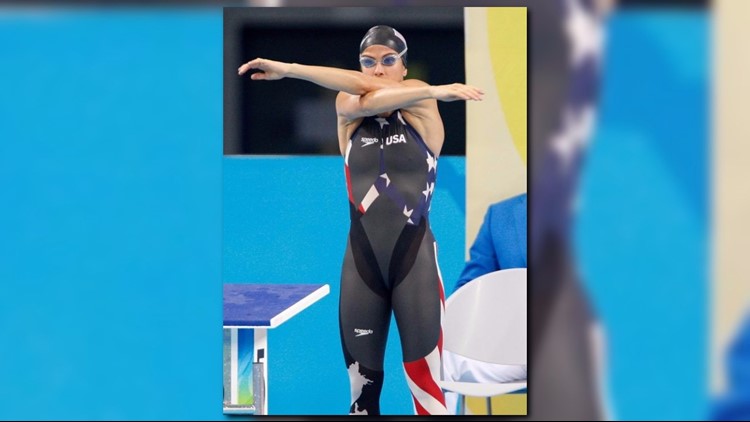RIO DE JANEIRO — When the Olympic cauldron is extinguished, life carries on as normal for sports fans, albeit with more time on their hands without countless hours of Games programming to fill their spare moments.
It would be easy to assume it is the same in some ways for the athletes. At worst, perhaps, a dose of the blues as the excitement of being part of the most exhilarating show in sports subsides.
Not so. For many of those who have competed in Rio the flight back home signifies a new chapter in life, one they may or may not know how to go about writing.
“It is something they have been doing all their lives but now the need to do it is no longer there,” sports psychologist Doug Gardner of ThinkSport, a consulting service for athletes, told USA TODAY Sports. “That is a really tough thing. For many their concept of self-worth is tied up with being an athlete. The adjustment can be huge and, if they’re not ready for it, incredibly traumatic.”
Time and again, athletes have every intention of quitting their sport, only to come back later. Sometimes it is borne out of a genuine desire to compete again. For others, Gardner said, it is because they become personally lost and revert to the thing they know best.
“The people who do best are the ones who have a clear plan in place for something that they can approach and use their competitive skills to good effect,” Gardner added. “It is almost imperative to a successful transition.”
While Kobe Bryant was able to set up his own production company with some of his huge basketball earnings and Derek Jeter founded a website for athletes, not everyone has the same fiscal luxuries.
Sheila Taormina , who competed in four Olympics across three different sports before ending in Beijing in 2008 at the age of 39, said there are challenges. Taormina, like many former competitors, found work as a motivational speaker. Having competed in swimming and triathlon she moved into modern pentathlon for his final Olympic cycle. She was surprised that adding a third sport to her repertoire did not earn her more bookings.
“I thought it would be good for my speaking career, in that I had this pretty unique thing of having participated in three sports,” Taormina said. “But it wasn’t really. People didn’t know what I was. I didn’t fit neatly into a box. Was I was swimmer, was I a triathlete? What was I?”
Taormina now runs a successful swimming consultancy business and said that moving into regular life is easier for those who end their career on their own terms.
“I feel like it is much harder if the decision is essentially forced upon you, if you are no longer able to compete at the level you are used or get dropped from a team or can’t qualify anymore,” Taormina said.
Ruben Gonzalez, a U.S.-based Argentinean luge athlete, competed in four Winter Olympics in four different decades. He said that post-retirement depression is a genuine danger for athletes, and that sometimes a stroke of luck is needed to move successfully into a life after athletics.
Gonzalez said his lucky break was when a young neighbor asked if he could take him to school “for show and tell”. Gonzalez had never considered public speaking until that point, but enjoyed it so much that he has now addressed countless audiences from major businesses around the world.
“One thing an athlete should be good at is spotting an opportunity and knowing how to go about capitalizing on it,” he said.
Landon Donovan, arguably the best American soccer player ever, suffered depression through the latter part of his career and experienced particular difficulty after his disappointing performance in the 2006 World Cup.
“Candidly, I worry about a lot of the Olympians,” Donovan said. “I think mental health issues are still misunderstood and not given enough attention. It is inevitable that there will be some who struggle to cope. What they need is some understanding.”
It is a process that takes time. Gardner said that post-Olympic difficulties can become a cycle.
“These athletes are very competitive and they expect a lot from themselves,’ Gardner said. “When they start to find life difficult they are often very tough on themselves. At that point it is important they understand that it is OK to have difficulty. The transition is not always perfect or horrible. There is a middle ground, and that’s fine.”



